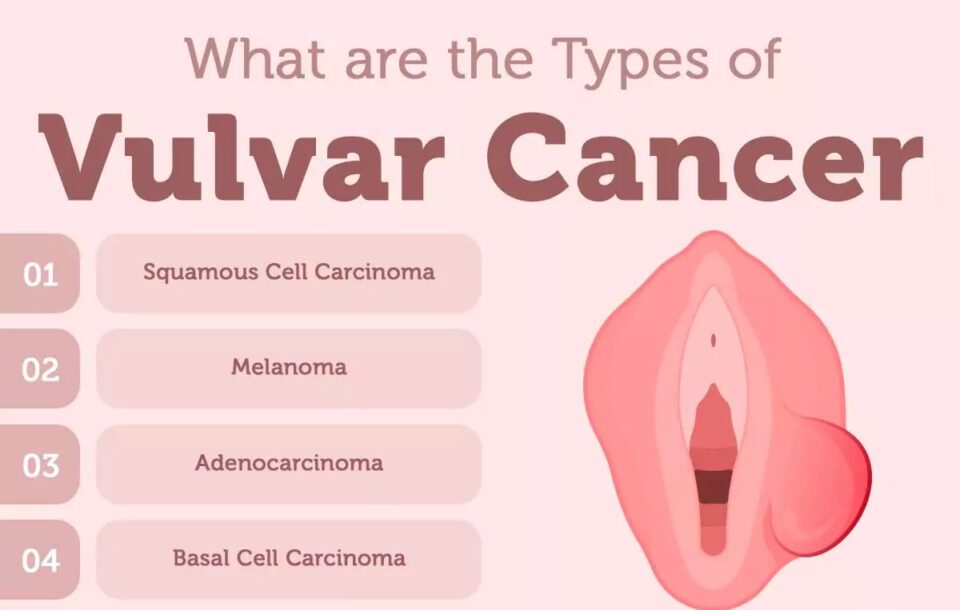Vulvar cancer, although relatively rare, is a serious condition that can affect women of any age. It originates in the external female genitalia, known as the vulva, which includes the inner and outer lips of the vagina, the clitoris, and the opening of the vagina. Understanding the symptoms and treatments for vulvar cancer is crucial for early detection and effective management of the disease.
Symptoms of Vulvar Cancer
The symptoms of vulvar cancer can vary, but common signs to watch out for include:
Persistent itching, pain, or tenderness: If you experience ongoing discomfort in the vulvar area, it’s important to consult with your healthcare provider. Changes in skin color or texture: Look out for changes in the appearance of the skin on the vulva, such as thickening, redness, or the development of a lump or ulcer. Bleeding that is not related to menstruation: Unexplained bleeding from the vulva, especially after intercourse or between periods, should be investigated. Painful urination: If you experience pain or discomfort while urinating, it could be a symptom of vulvar cancer. Enlarged lymph nodes: Swollen lymph nodes in the groin area may indicate the spread of cancer. It’s important to note that these symptoms can also be caused by other conditions, so it’s essential to consult with a healthcare provider for an accurate diagnosis.
Diagnosis and Staging
If vulvar cancer is suspected, your healthcare provider will perform a thorough physical examination, including a pelvic exam. They may also recommend additional tests, such as a biopsy, to confirm the diagnosis. Once diagnosed, the cancer will be staged to determine the extent of the disease and guide treatment decisions.
Treatment Options
The treatment for vulvar cancer depends on the stage of the disease and may include:
Surgery: The primary treatment for early-stage vulvar cancer is surgery to remove the cancerous tissue. In some cases, a partial or complete removal of the vulva (vulvectomy) may be necessary. Radiation Therapy: Radiation therapy may be used before or after surgery to destroy cancer cells and reduce the risk of recurrence. Chemotherapy: Chemotherapy may be used in combination with surgery and/or radiation therapy to treat advanced or recurrent vulvar cancer. Supportive Care:
In addition to medical treatment, supportive care is an essential component of managing vulvar cancer. This may include pain management, counseling, and support groups to help cope with the emotional and physical challenges of the disease.
Prevention and Early Detection
While the exact cause of vulvar cancer is unknown, there are steps you can take to reduce your risk, such as:
Practicing safe sex to reduce the risk of sexually transmitted infections. Avoiding tobacco use, as smoking may increase the risk of vulvar cancer. Maintaining a healthy weight and eating a balanced diet rich in fruits and vegetables. Regular gynecological exams and screenings can also help detect vulvar cancer in its early stages when treatment is most effective.
Conclusion
Vulvar cancer is a rare but serious condition that requires prompt diagnosis and treatment. Understanding the symptoms and risk factors, as well as seeking regular medical care, can help improve outcomes for women affected by this disease. If you experience any symptoms or have concerns about vulvar cancer, it’s important to consult with a healthcare provider for an accurate diagnosis and appropriate treatment.

